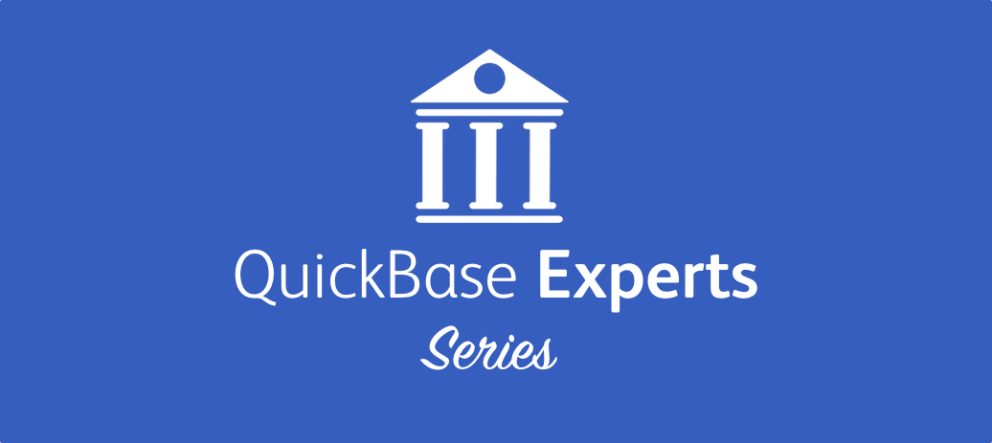
Is perfect project budget management possible? Perhaps—in a mythical land where stakeholders provide all the details you need, you can track every dollar without errors, and unexpected expenses don't exist.
But typical budget management in project management can be more like hacking your way through thorn bushes than living in a fairy tale. Making a path through the chaos is critical if you want to allocate resources properly, satisfy stakeholders, and increase project ROI.
Fortunately, you don't need to blunder along overgrown roads in search of a magical realm to achieve success. Strategic planning and practical software tools can help you navigate the budgeting process and regulate spending for better project outcomes.
Understanding Budget Management in Project Management
Project budget management involves distributing funds across project needs and monitoring their use. Whether you're tracking one project or an extensive portfolio, budget management requires careful oversight to control expenses and prevent overruns.
So, in practice, what is budget management in project management?
Projecting and planning an initial budget based on spending data from previous projects.
Distributing funds across milestones to prevent excessive spending in any one stage and ensure enough budget remains to finish the project.
Tracking the cost of resources, including procurement, labor, contractors, travel, and software.
Dynamically adapting to change requests and unexpected expenses.
The Critical Role of Budget Management in Project Success
Successful project outcomes depend on effectively juggling each factor in project budget management. Spending too much in the early stages can leave you without adequate funds to complete critical tasks, which puts the project on hold while you secure additional resources.
You'll typically find yourself in this situation either because your initial budget projections were off or you encountered costs you didn't anticipate. Budget management addresses these problems by considering past budget data and identifying common risks and errors that affect project spend. Visualizing these patterns reveals opportunities to reduce costs and improve budget allocation.
You also become better equipped to take a strategic approach to budget management in project management that increases confidence among teams and stakeholders. Team members can proceed with tasks knowing that funds are properly allocated, and stakeholders are more likely to grant approvals when they see you're managing the budget well.
Tracking budget KPIs can help ensure you stay within budget. Keep an eye on these metrics as your projects progress:
Cost Variance (CV): How much the actual budget deviates from the proposed budget
Earned Value (EV): The approved budget for work you've already completed
Actual Cost (AC): How much you've spent up to the current point in a project
Planned Value (PV): The cost of the tasks and resources required to complete the remainder of a project
Cost Performance Index (CPI): A comparison between your initial budget and how much you've spent on a project to date
Return on Investment (ROI): A measure of a project's overall profitability
Paying attention to these metrics can alert you to spending deviations that may compromise your project's budget.
Common Budget Management Challenges in Project Management
Metrics often point to problems that must be addressed to maintain appropriate spending limits. You should aim for as little difference as possible between budget allocations and actual spending, but hitting that goal requires overcoming challenges that crop up during the project lifecycle.
Inaccurate Budget Estimates
Negative cost variance or wild deviations between earned value and actual value may indicate a failure to clarify known and possible expenses during budget planning. To ensure more accurate projections, use past budget reports to inform calculations for new projects. Note any changes in the cost of essential resources, and factor these expenses into your budget.
Scope Creep
Projects that slowly expand beyond their initial scope are almost guaranteed to go over budget. Since you can only plan for the work you expect to do, clearly defining scope at the start of each project is essential. Set appropriate expectations based on your team's capabilities and stakeholders' desired outcomes, and be ready to enforce the scope if stakeholders request additional work without adhering to your change request process.
Unexpected Expenses
No matter how good you are at project budget management, it's impossible to predict every expense. Resource prices change, machinery breaks down, or key team members get sick during crunch time. A contingency budget provides a buffer to cover the associated expenses. Build this margin into your spending plan by allocating a percent of the total budget based on project size, industry norms, and projected risks.
Difficulty Tracking and Allocating
Budget management in project management requires a reliable way to visualize spending data, track KPIs, and generate reports. If you're not sure where funds are going, it's hard to make informed decisions about resource reallocation. Investing in budget software with detailed dashboards and automated reporting tools can help you catch small spending deviations and address them before they become big problems.
Lack of Communication
Stakeholders want to be kept in the loop during projects, which requires open communication and accurate reporting. Reports that consistently show overspending or inefficient resource use can damage stakeholder relations and compromise opportunities for future work. But it's difficult to avoid straying from the proposed budget if your team doesn't know how much is available to spend.
A project budget management platform that integrates with your other project software consolidates critical information for more accurate reporting. When this data is readily available, budgeting decisions become easier, and your reports reflect a proactive, economical approach that builds stakeholder trust.
Tools and Software for Effective Project Budget Management
Project budget management software tackles the challenges of tracking KPIs, visualizing spending, and allocating resources. Popular tools include features that make budget management simpler and more efficient:
Quickbase is designed for complex projects and enables you to build custom workflows and no-code applications that cater to unique project needs. Integrations and automatic syncing ensure accurate budget data, and real-time updates allow for dynamic reallocation decisions.
Timeular allows you to monitor project budgets, employee time use, and billable hours and sends automated alerts when you're at risk of crossing a spending threshold. Integrations unify your tech stack across business tools for better visibility.
Zoho Projects offers budget and expense tracking and sends threshold alerts to key stakeholders. Status tools show where you're under budget, over budget, or about to go over so you can adjust your spending accordingly.
Monday.com automates budget calculations to show how much funding remains for each project in your portfolio. You can also compare budget estimates to actual costs for in-progress projects to identify possible spending problems.
Accelo is a professional services automation tool with a dedicated workspace for budget management. It offers profitability and expense tracking and includes integrations with common software tools to improve access to spending data.
ClickUp enables real-time budget allocation and expense tracking. Customizable dashboards let you oversee budget goals, and advanced reporting gives stakeholders detailed insight into how project funds are used.
Wrike automates calculations for financial KPIs so you can check actual costs against each project's proposed budget.
Evaluate platforms in light of the most common problems you encounter with budget management in project management. Look for a combination of features that will make forecasting, tracking, and allocation more efficient and help increase project ROI.
Best Practices for Integrating Budget Management into Project Management
While software for project budget management can simplify key processes, you still need to plan your budget well and track spending proactively. Incorporate budget management into every part of the project process by:
Designing your project intake form to capture detailed resource and scope information so you can understand budget needs as you plan.
Breaking the project down into phases and tasks to identify as many costs and risks as possible as you create the initial budget.
Creating a budget breakdown that includes timeline, deliverables, and task assignments to enable strategic allocation across milestones.
Making a contingency budget to provide a buffer for unforeseeable events.
Choosing KPIs, and tracking progress with a software tool that enables automatic syncing and reporting.
Coordinate with stakeholders to maintain transparency as you achieve critical milestones.
And what is budget management in project management without a final review? At the end of each project, run a full report to evaluate how well you managed the budget. Meet with your team to discuss the challenges you faced and note any unplanned changes or expenses that affected budget use. Apply what you learn to future planning and spending decisions.
Conquer Budget Management With Project Budget Management Software
When you make budget management an integral part of project management, you'll start to see light through the thorny mass of data and calculations. Project budget management software clears the path to better budgeting decisions with automated KPI tracking, streamlined reporting, and consistent visibility into project spend. You may never enter the mythical world of perfect budgeting, but you can improve processes over time to simplify spending decisions and increase ROI.
Curious how other project managers handle budget challenges? Join the Quickbase community to participate in discussions and gain valuable insights to help improve your budgeting process.




